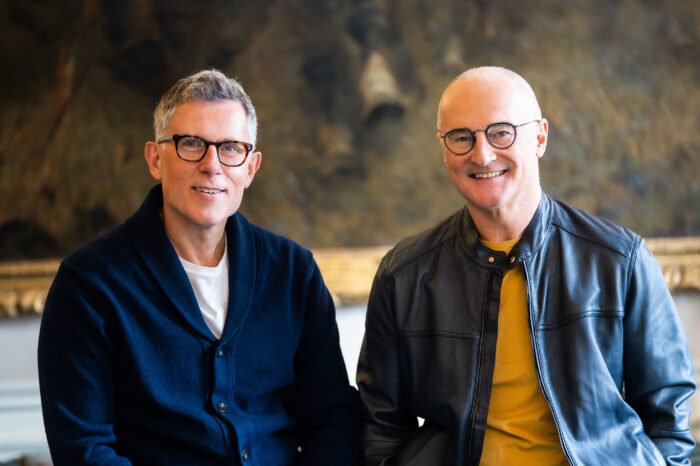CEO confidence remains high amid challenges

Business leaders report growing optimism about the Irish economy and are focused on HR investment, AI and ESG issues, according to a survey by KPMG
Irish CEOs are more confident about the prospects for the Irish economy (87 percent) than they were a year ago (76 percent) and 90 percent of Irish CEOs believe their company’s earnings will grow over the next three years with 70 percent planning to increase their headcount. These are the among the findings of the latest annual CEO Outlook by KPMG, which surveyed 1,300 international business leaders including Irish CEOs.
As well as continuing to recruit, the survey suggests that Irish CEOs plan to up their HR investment with 67 percent of those surveyed placing more capital investment in developing their workforce compared to 33 percent investing more in new technology. Meanwhile, 70 percent of Irish CEOs believe there will be further progress on the ‘return to office’ for pre-covid office-based roles and a majority (78 percent) foresee a link between this and their reward strategy.
However, Irish CEOs were found to be less confident than their international counterparts about the prospects for the wider global economy. Some 60 per cent of Irish CEOs had confidence in the growth of the growth of the global economy over the next three years, compared to 73 per cent on the part of their global peers.
Advancing the digital agenda is cited as the number one operational priority to achieve growth objectives over the next three years. Some 73 percent of Irish CEOs agree that generative AI is a top investment priority for their business. Notable challenges in this area include ethical concerns and having the technical capability and skills to implement AI focussed strategies.
CEOs in Ireland and worldwide display both hopes and fears about the advances in generative AI, almost in equal measure. In Ireland, advancing the digital agenda and connectivity is moving up the priority list of CEOs, jumping from 20 percent in 2022 to 27 percent this year and is regarded primarily as an enabler for future success.
ESG continues to be an important strategic enabler with its greatest impact being on attracting the next generation of talent – talent that CEOs want to encourage back to the office. Some 43 percent of Irish CEOs see their ESG strategy as having the greatest impact on attracting the next generation of talent but continued investment is needed as only 57 percent of Irish CEOs believe they have the capability and capacity required to meet new reporting standards.
The survey also found that 63 percent of Irish CEOs have a “moderate appetite” for deal activity, with just under one in four of Irish CEOs (23 percent) citing a “high appetite” for M&A meaning they will undertake acquisitions which will have a significant impact on their organisations. This is less than half of equivalent global figure where 51 percent expect robust M&A activity.
However, at a micro level, emerging and disruptive technology are also cited by CEOs in Ireland as the number one threat to organisational growth, with 100 percent of CEOs believing it will negatively impact their organisations’ prosperity over the next three years. This is higher than the global average of 72 percent.
An increasing range of interconnected challenges which are creating competition for attention and resources is putting CEOs under pressure. Disruptive technology, regulatory complexity and geopolitical conflicts are cited as the main threats to growth by Irish CEOs. As such, CEOs are changing their approach to address this complexity with over half (57 percent) of Irish business leaders adapting their growth strategies as a result of these interrelated challenges, as have 64 percent of their peers worldwide.
It’s encouraging and interesting that Irish CEOs are more bullish on the local economy than their global counterparts.”
Commenting on the survey findings, KPMG Managing Partner Seamus Hand says; “CEO sentiment on Ireland’s economy remains impressively positive. It’s encouraging and interesting that Irish CEOs are more bullish on the local economy than their global counterparts.”
Turning to the issue of ESG, he added it was not surprising to see ESG remain a continued area of focus for Irish CEOs and more that they are listening to the next generation of talent in developing their strategies: “The incoming CSRD (Corporate Sustainability Reporting Directive) will require leadership support and prioritisation by CEO’s to ensure companies can meet their obligations and with the strong demand for specialist capabilities it’s not surprising that many are concerned they don’t have the capacity required to meet these reporting obligations.”




